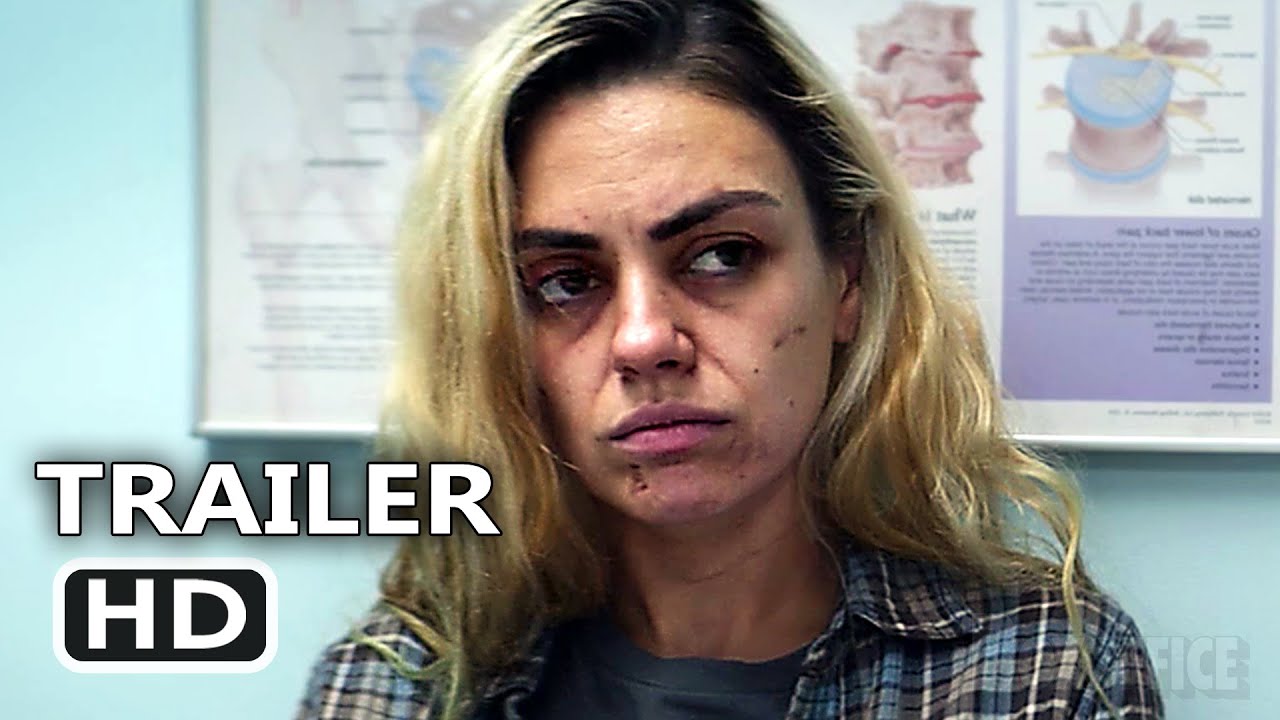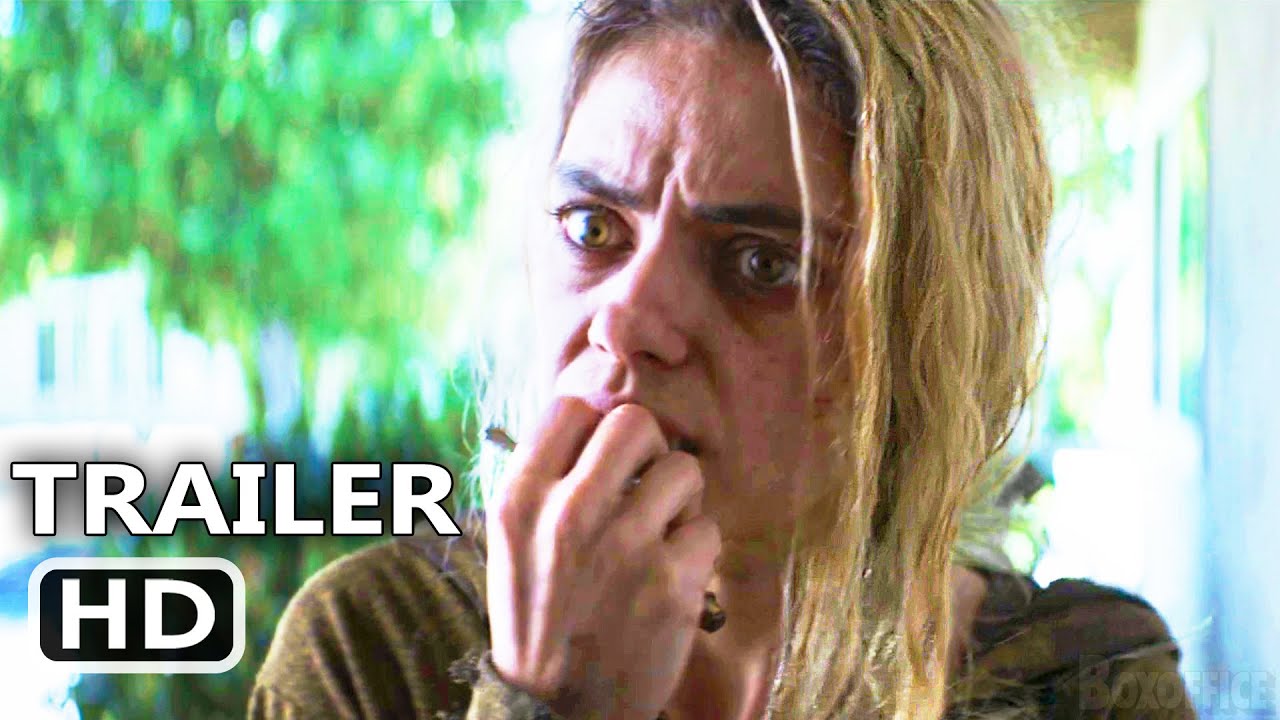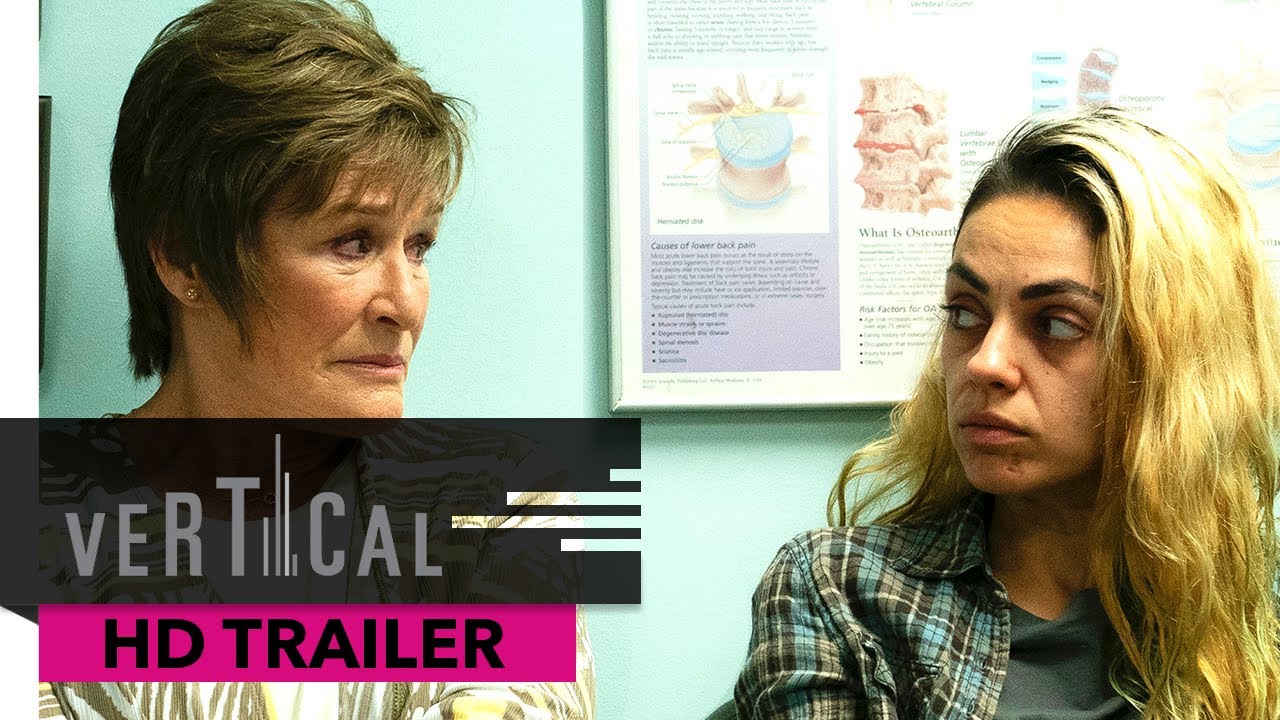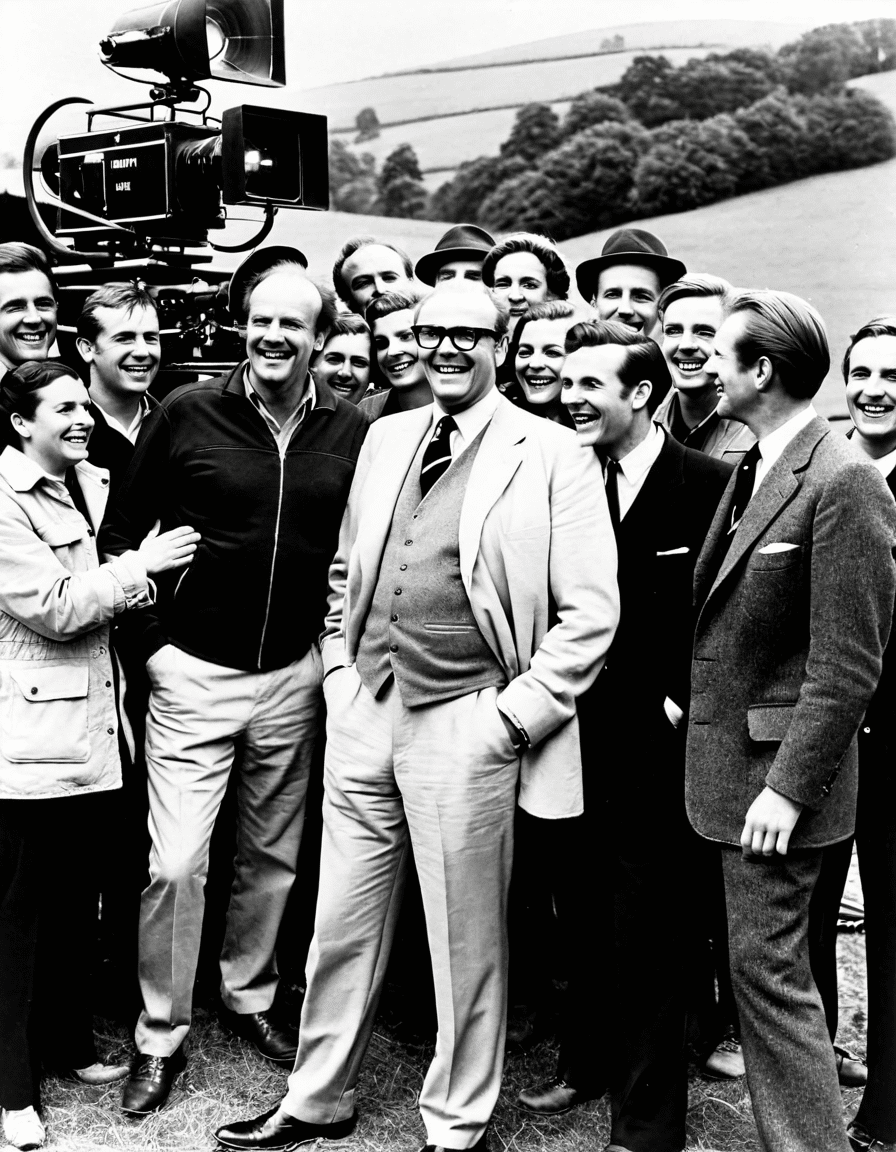
Unpacking Amanda Wendler’s Journey: The Meaning Behind “Four Good Days”
In 2021, Amanda Wendler’s story struck a chord across the nation. Her journey through addiction, particularly her poignant phrase “four good days,” became a beacon of hope for many grappling with substance abuse. This phrase encapsulates the essence of resilience and determination, underscoring the small but significant increments of recovery that are often overshadowed by the immense struggle against addiction. So, what does it mean to experience “four good days? It’s the idea that amidst the chaos, there are moments where clarity and sobriety reign, offering a chance to reclaim life, if only for a short time.
Amanda, the real-life inspiration behind the character Molly in the film adaptation featuring Mila Kunis, experienced the depths of despair following a snowmobile accident. A doctor prescribed her Vicodin for pain management, unknowingly establishing the pathway to her addiction. Amanda’s narrative unfolds not only her personal battles but the broader context of addiction in America—echoing truths documented in pieces like “A Story of Truth, Lies and an American Addiction” from The Washington Post. The film and its portrayal of Amanda’s struggles exemplify the dire circumstances faced by countless families, pushing the conversation around addiction into the spotlight.
Her account isn’t just about the struggle, though. It’s also about learning to navigate recovery, emphasizing that while recovery is a daily effort, every setback is an opportunity for growth. The “four good days” become a metaphor for hope—lessons learned, victories celebrated, and the ongoing journey toward sobriety. Each day may not be perfect, but finding those four good days can be transformative for anyone battling addiction.

7 Lessons from Amanda Wendler’s “Four Good Days”
Amanda’s raw honesty about her addiction reveals the necessity of recognizing one’s struggle. She insists that facing the depths of despair is crucial before one can start on the road to recovery. It’s a call for anyone experiencing trauma to own their narrative, no matter how painful.
Just as seen in the beloved television series “My Two Dads,” Amanda’s journey spotlights the essential role of family. Strong family bonds act as a buffer during turbulent times. A solid support system not only helps during the rough patches but also celebrates the good days, partnered in the fight against addiction.
Building meaningful connections is pivotal, akin to navigating how to get a girlfriend. Amanda encourages individuals to be selective about who they let into their lives. Surrounding oneself with uplifting company can hugely impact one’s journey to sobriety.
In her quest for recovery, Amanda often draws inspiration from the concept of “Birthdays Today.” She believes in celebrating every small win, fueling motivation for the bigger battles ahead. It’s about recognizing that no victory is too small in the face of addiction.
Exploring what friends with benefits really means in her life, Amanda reflects on the importance of understanding relationship dynamics. Grasping these nuances empowers individuals to build connections that align with recovery goals, avoiding traps that might derail progress.
Just like the camaraderie illustrated by New Kids on the Block members, Amanda discovered that support groups can foster a sense of belonging. These communities offer shared experiences essential for battling addiction, reminding individuals that they aren’t alone in their struggles.
Amanda’s journey highlights the necessity of professional support. Her experiences with rehabilitation and therapy reinforce that seeking help can lay the foundation for successful recovery. Getting professional guidance is not a sign of weakness; rather, it’s a powerful step forward.

The Impact of “Four Good Days” on Recovery Narratives
Amanda’s narrative signals a significant shift in how we share and perceive recovery stories. Rather than focusing solely on the pain of addiction, her journey illustrates resilience through practical guidance. The idea of “four good days” stands as a framework for those seeking to reclaim their narratives, promoting reflections on clarity and hope that every day brings.
Through Amanda’s lens, recovery extends beyond mere cessation of substance use. It encompasses a holistic approach, tackling emotional, social, and personal growth. The film adapts Amanda’s experiences into a heart-wrenching tale that resonates with anyone who seeks to understand the visceral impact of addiction, serving as a poignant reminder that recovery can and does happen.

The Cultural Resonance: Why Amanda’s Story Matters in 2024
Amanda Wendler’s story transcends the personal to anchor itself in larger discussions surrounding addiction. As the conversation around mental health and substance use takes priority, especially in 2024, Amanda’s struggles shine a light on society’s need for empathy and support. Recovery isn’t just about resisting temptation; it’s about weaving a fulfilling life amidst challenges.
References to iconic media, like “My Two Dads” and pop group New Kids on the Block members, illustrate the importance of diverse support systems. They remind audiences that recovery takes various forms—friends, family, and community all play vital roles. Amanda’s journey not only fits into these cultural dialogues but helps shift perceptions around addiction recovery as a collective societal responsibility.
By amplifying Amanda’s experiences, we take a critical step toward dismantling stigma around addiction. Her story provides much-needed insight into the nuanced pathways toward sobriety and contends that recovery is not just an individual struggle—it’s a community fight.

Inspiring Others: The Call to Action
What Amanda Wendler offers is not just a memoir of trials but a motivational guide for empathy and proactive support for families of those facing addiction. Her story beckons us to engage in conversations that foster understanding and dismantle the stigmas surrounding substance use disorders. We can all partake in this journey, ensuring our circles are equipped with compassion and knowledge, helping someone find their “four good days.”
Amanda’s narrative stirs inspiration, encouraging many to confront their own struggles. It’s a profound reminder that every day can be a new opportunity for healing, and through shared stories, we can illuminate paths laden with uncertainty. We must look beyond the stigma and extend our hands, offering a supportive community—ensuring that everyone has a chance to uncover their four good days.
As Amanda Wendler continues to embrace recovery, she reminds us that every person battling addiction deserves a network of empathy, compassion, and hope—qualities that resonate beyond the screen and into our everyday lives. It’s this message that invites us all to step forward, advocate, and help shape a future where recovery and understanding reign supreme.
Through her journey, Amanda invites us to rediscover the power of connection and support in combating addiction—a call to action we can all heed.
Four Good Days: Inspiring Insights
The Journey of Amanda Wendler
“Four Good Days” isn’t just a film—it’s Amanda Wendler’s true story of resilience and determination in the face of addiction. The movie pulls you in with its raw portrayal of one woman’s battle. Did you know that Wendler’s journey was marked by moments that echo basic human experiences? Just like the simplicity of enjoying a portable speaker like the Jbl GO 3( can uplift your day, Amanda’s quest for stability amplifies the message of hope through life’s smallest moments.
There’s a beautiful irony in how her story interweaves the struggles of addiction with the search for connection, similar to how a vibrant Mexico map( reveals hidden treasures in a seemingly chaotic landscape. Each step Amanda takes toward healing reflects the arduous paths many people traverse in their lives, making the movie not just a sob story but a celebration of human spirit.
An Inspiring Tale
The film captures powerful dynamics between characters that remind us of poet Dylan Thomas And Patti smith,(,) where words turn into a visceral experience, igniting emotions that resonate deeply. In one striking scene, Amanda’s journey showcases the importance of support from loved ones, much like how Pauley Perrette ‘s decision To step away From acting() exemplifies the personal battles many face behind the scenes.
Another fascinating angle in the film lies in its portrayal of second chances. Think of characters who evoke feelings of nostalgia, reminiscent of the iconic House party cast() bringing joy and laughter while grappling with their struggles. Just as each party eagerly anticipates fun times, Amanda hopes for her slice of happiness, emphasizing that every day is an opportunity for new beginnings, much like wearing the striking strawberry dress() making a fashion statement while boosting one’s confidence.
The Power of Change
“Four Good Days” isn’t just a story—it’s a reminder that battling addiction is a journey filled with ups and downs. It’s akin to Dan ‘s( journey of self-discovery, showcasing the grit it takes to stay committed to betterment. Amanda epitomizes that fighting our inner demons is vital; she stands tall as a beacon of hope that keeps burning brightly, guiding others through their toughest times.
And it doesn’t stop there. Just as former National Security Advisor Condoleezza Rice( navigated the political landscape focusing on what gave her strength, Amanda reminds audiences that hope and resilience are universal themes. So when you’re settling in to watch “Four Good Days,” be ready for an emotional rollercoaster that emphasizes how four short days can change one’s life forever.

What is the true story behind Four Good Days?
The true story behind Four Good Days centers on Amanda Wendler, whose struggles with opioid addiction started after being prescribed Vicodin for a snowmobile accident injury. The film reflects her real-life battles and the impact of addiction on her relationship with her family.
What happened to the real Molly in Four Good Days?
In real life, Amanda Wendler has managed to overcome her opioid addiction but acknowledges that staying sober is a constant fight. Her journey mirrors that of the character Molly, played by Mila Kunis, but Amanda’s recovery is an ongoing process.
What happened at the end of 4 Good Days?
At the end of Four Good Days, Molly is shown as being stable and living with her mother, Deb, while still down the road to recovery. The real-life mother and daughter, Amanda Wendler and Libby Alexander, inspire the film’s conclusion.
Where was the movie Four Good Days filmed?
The movie was filmed in Santa Clarita, California, which stands in for many generic suburban settings. This location helps depict a typical American backdrop for a story about addiction and recovery.
Is Amanda Wendler on Instagram?
Amanda Wendler is not known to have an official Instagram account, as her focus seems to be on her recovery journey and personal life rather than social media presence.
What is the plot of Four Good Days summary?
Four Good Days follows a mother and daughter navigating the struggles of addiction, highlighting the challenges of getting help, the impact of drug use on family ties, and the complexity of recovery.
Are drug addiction movies based on true stories?
Yes, many drug addiction movies, like Four Good Days, are based on true stories, providing a raw and realistic look at the lives of those affected by substance abuse.
Who is Sean in Four Good Days?
Sean is a character in Four Good Days who represents a friend or a support figure in Molly’s life, though specific details about his role may vary throughout the narrative.
What is the movie Four Good Days about on Netflix?
The movie on Netflix dives deep into the emotional and physical struggles of addiction, focusing on the bond between a mother and daughter as they face the reality of dependency and recovery.
What happens at the end of better days?
At the end of Better Days, the focus shifts to emotional resolutions and the aftermath of the characters’ journeys, often emphasizing themes of hope and healing, but specific plot points can vary.
What platform is the movie Four Good Days on?
Four Good Days is available on various streaming platforms. It’s wise to check your local services to find out if it carries the film.
Where can I watch Four Good Days in Canada?
In Canada, you can find Four Good Days on platforms like Netflix, so it’s worth checking your subscription options there for availability.
Is Four Good Days based on a true story?
Yes, Four Good Days is indeed based on a true story, capturing the reality of Amanda Wendler’s life and her ongoing battle with addiction.
What is the movie about the mother drugging daughter?
The movie about a mother drugging her daughter could be referring to a different film context, but in the case of Four Good Days, it focuses more on addiction and recovery rather than drugging.
What is the movie about the woman in rehab?
The film about a woman in rehab typically explores her experiences in treatment, the relationships she builds, and the challenges she faces during her recovery journey, similar to themes found in Four Good Days.
















